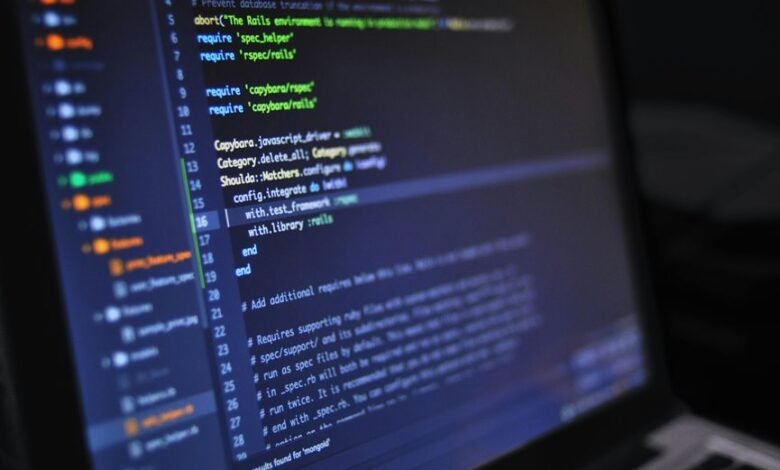Melorubia2: Como Este Código Afeta o Sistema Legal

Melorubia2 represents a significant shift in the legal landscape by automating processes traditionally governed by human discretion. This innovation holds the potential to enhance efficiency and transparency, promising faster resolutions to legal disputes. Yet, the deployment of such technology cannot occur without addressing crucial concerns. Questions regarding regulatory compliance and the ethical implications of automated decision-making loom large. The implications of these challenges warrant further examination to understand the impact on justice as a whole.
The Promise of Efficiency in Legal Processes
As the legal system increasingly integrates innovative technologies like Melorubia2, the potential for enhanced efficiency in legal processes becomes a focal point of discussion.
Automated rulings may significantly reduce case resolution times, fostering legal transparency and accessibility.
Challenges and Concerns Surrounding Melorubia2
While Melorubia2 presents opportunities for increased efficiency in legal processes, it also raises several challenges and concerns that merit careful examination.
Regulatory hurdles may impede its implementation, complicating compliance with existing laws.
Moreover, the ethical implications of automated decision-making systems could undermine individual rights and accountability, necessitating a thorough exploration of these issues to ensure justice remains equitable and transparent within this evolving framework.
The Future of Justice in a Melorubia2 Framework
The future of justice within a Melorubia2 framework hinges on the integration of advanced technologies that promise to reshape legal processes fundamentally.
Legal innovation will enhance efficiency and accessibility, yet it raises ethical implications concerning privacy and equity.
Stakeholders must navigate these challenges to ensure that advancements do not compromise individual freedoms while promoting a just and transparent legal system for all.
Conclusion
In conclusion, the advent of Melorubia2 heralds an unprecedented revolution in the legal realm, akin to a cosmic shift that could obliterate traditional barriers to justice. While its promise of efficiency dazzles like a thousand suns, the shadows of regulatory compliance and ethical dilemmas loom ominously, threatening to eclipse its potential. As stakeholders grapple with these complexities, the future of justice may either be illuminated by innovation or plunged into chaos, depending on the balance struck between progress and principle.





